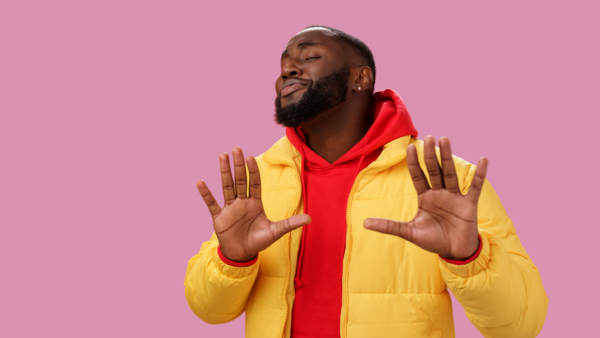I was delighted to be invited to speak at Henley Business School’s inaugural World of Work 2030 conference last week, along with Dr Cath Bishop, former Olympian and Diplomat. All the speakers brought a unique perspective on how they saw the world of work changing now and how these changes may look in 12 years from now: in 2030. Cath and I wanted to put across the message that in order keep workplaces positive, productive and human, we need to get better at being the best humans we can be, and that means taking some action now to guarantee a bright future for current and future working generations.
First, check out these stats about the direction that work is going in:
- 85% of customer service interactions will be powered by Artificial Intelligence (AI) bots by 2020 (Gartner) (that’s 2020, not 2030!)
- 80% of leaders believe AI improves worker performance and creates jobs (Narrative Science)
- 71% of millennials (those born between 1980-2000) are actively seeking a new job, compared to 44% of Baby Boomers (ICIMS)
- 91% of millennials don’t intend to stick with their job for more than three years (Future Workplace)
- Millennials’ top three work-related fears are: getting stuck with no development opportunities; not being able to realise their career goals; and not finding a job that matches their personality (Universum)
- 84% of millennials say that helping to make a positive difference in the world is more important than professional recognition (Bentley University).
So it looks as though our service-based economy is under serious threat and that we’re going to have to get creative as employers and educators if we’re to harness and realise the full potential of employees in the near and medium-term future. This is particularly important given the changing context of work and changing expectations of work for Millenials and Gen Zers.
In recent research we have undertaken with our strengths assessment tool, Strengthscope®, we have also found (based on a sample of 47,000):
- No differences in average Strengthscope® profile scores between Millennials, GenXers and Baby Boomers
- The chances of getting the same Top 7 strengths in the same order as someone else are 1 in 1.3 billion, so your Strengthscope® profile is effectively as unique as your fingerprint.
So while the context we’re living in may be changing at breakneck pace, it takes a time for a species to evolve. And if this is the case, perhaps we should become better at recognising, celebrating and utilizing individual differences and uniqueness, while holding back from making sweeping assumptions about generational differences. One of the best ways that we can truly understand each other is by staying curious, open-minded, flexible and non-judgmental, and spend quality time inquiring in order to better understand those around us.
So given all of the above, what should organisations do to keep the workplace human now, in 2030 and beyond?
- Help students/early careerists get good at describing who they are, what they need, what they’re good at and not good at, and help them understand how they can work well with others.
- Provide a supportive environment where people can have uncomfortable conversations – about performance, about difference, about passions, about failure, about fit – that way, we can take performance to the next level and truly harness the potential of diversity at work.
- Create ways in which the organisation can get the best from each person and can flex (within reason) to help people align their passions, values, identity with the purpose and goals of the organisation, through appraisals, recruitment, development.
- Encourage people to be curious, to get uncomfortable, to reveal their passions – build a culture that reflects the reality of being a human, not just a human resource. This way, we keep the workplace human even when surrounded by more and more technology and change.
For more on how Strengthscope is working with clients to help create positive, productive workplaces fit for now and for the future, please see our client case studies here.
Dr Paul Brewerton, Managing Director, Strengthscope and co-creator of the Strengthscope® Profiling System












